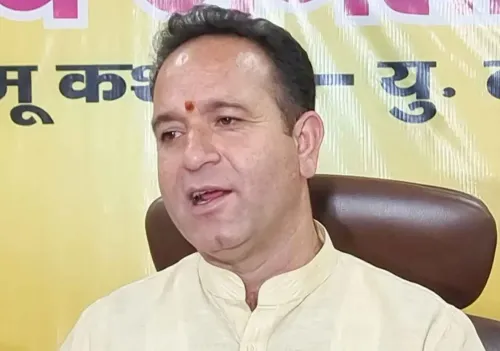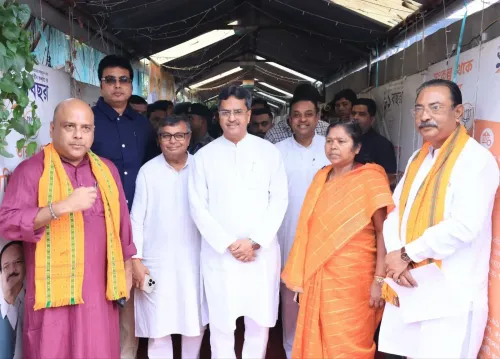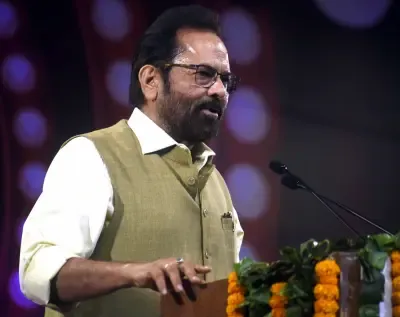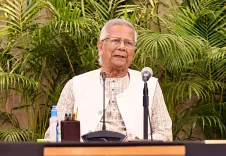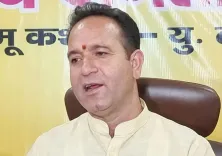Madhya Pradesh's Renewable Energy Strategy to Lead in Biofuel Production: CM Yadav

Synopsis
Key Takeaways
- Madhya Pradesh aims to lead in biofuel production.
- New policies will encourage agricultural innovations.
- Investment opportunities are expected to grow.
- Subsidies offered for agricultural equipment.
- Focus on sustainable energy and carbon emission reduction.
Bhopal, Feb 20 (NationPress) The Chief Minister of Madhya Pradesh, Mohan Yadav, announced on Thursday that the state's renewable energy strategy is designed to establish Madhya Pradesh as a frontrunner in biofuel production.
The Chief Minister emphasized that this initiative will motivate farmers and other key players to embrace innovations in agriculture, while also luring investors to initiate new industrial setups within the state, consequently generating job opportunities.
He elaborated on the biofuel policy for 2025, which is integrated into the Madhya Pradesh Renewable Energy Policy, with plans to promote it during the upcoming 'Global Investment Summit' in Bhopal.
"Our administration is rolling out programs with environmental conservation in mind and aligned with future requirements. Madhya Pradesh has witnessed remarkable advancements in renewable energy in recent years," stated the Chief Minister.
He highlighted that the policy provides numerous advantages for biofuel manufacturing facilities and bioenergy plants, including subsidies for agricultural tools for farmer cooperatives.
Importantly, the state government has ratified the biofuel policy, which addresses various aspects of fuel and production, such as bio-CNG, biomass briquettes and pellets, and biodiesel. It also emphasizes feedstock cultivation, production technology, distribution, and utilization.
Under this new framework, priority will be granted for land allocation to set up biofuel production sites, with government land for biomass production offered at an annual charge of 10% of the collector rate.
The government asserts that the biofuel initiative is anticipated to enhance not only biofuel production in the state but also the effective utilization of agricultural and bio-waste for generating green energy.
Biofuels are essential in supplying energy and diminishing carbon emissions.


